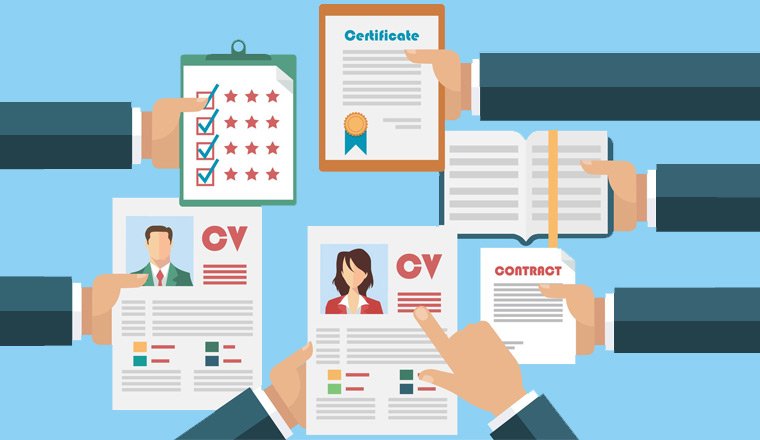How To Write A Career Change CV

posted:4 years agobySadaf Ahmedin Getting Started
People living in this fast-moving world don't apply one job for the entire life strategy. According to the latest survey, every individual tends to switch his job four to five times during his lifetime. There could be any reason for leaving the previous job and applying to the new one. It could be moving ahead in your career path, expecting a more significant rise in the next job or even a change in the environment. However, there a new trend of taking some essential steps in your career by changing it. It seems to be an intimidating task as you are leaving everything to take an unknown action in your life. Also, the best results would come if you ignite all of your reliance and take the step ahead.
The most important thing you should consider is the CV you have to write for your career change will be different than usual. The biggest challenge faced by people changing careers is to show that their career history is authentic. The first thing you have to do is highlight your strengths, skills, and accomplishments. Also, if you lack any of the expertise, don't mention it anyways as it can cause your downfall.

Secondly, there should be a detailed section describing your skills, alongside a smaller part based on your experience. Employers usually carry out the job search based on the degree and impact of transferable skills. The reason behind this placement is because this way, you can easily impress your employer to let him know about your transferable skills. After going through your skills, he won't be paying attention to the whys, hows, and whos of your history. Also, employers expect a great deal from your CV, mainly complete details about yourself; however, you shouldn't put anything in it, which can turn out to your disadvantage.
We hope that from this article, you'll get to know many things about the change in career CV template, including some tips and analysis.
Analyze Your CV Through Your Employer's View
If you want to show your employer a successful career-change CV then you should provide consistency. You have to show that throughout your career path, there is a natural evolution of interests and talents. It should be leading to the current spot you are in, including the origin of your experience and ability, necessary for the job ahead. One of the biggest mistakes done by the career changers is giving the impression of a directionless job-hopper. You should altogether avoid that you're goofing around just for a change by looking for a specific career theme by drafting your career history around this.
Sell Your Strengths
Another most important aspect is to show full confidence, which is a healthy instrument to achieve your goal. Even if you think of yourself as somehow lesser than others, you should stick to being the best. However, you shouldn't express much confidence that it turns you into an overconfident person. You should make the employer believe that you are entirely suitable for the job. You should also be selective about what and what not to enter in the CV. You should only include the information supporting your upcoming jobs; otherwise, it shouldn't be added. Also, do not leave any gap between your work history, even if you do state relevant information about the gap. Otherwise, it will make your work history suspicious.
Be Flexible With Layout
You should make several priorities when including details about your skills in your CV. Near the beginning of your CV, after your personal information, you should enter things on your preference. Your priority should include qualifications, blue-chip company experience, or even a glowing testimonial. One of the most important factors in creating a CV is to split your professional history into two or more sections, including full-time, part-time, and voluntarily done jobs. All of these sections should be placed very prominently so that they can gain the attention of the employer at once.
Pay Attention To Language
One of the most important factors of creating a career-change CV is to use proper grammar and statements. Like any official document, you should not use any jargon specific to industries. As people belonging to different sectors will not be able to get it and will be added as your flaw. Also, after your job titles, you should consider adding sentences explaining to them so that it wouldn't create any problem for the employer to read.
Include A Cover Letter
Including a cover letter is an excellent opportunity to clarify your career change. Also, you can be able to mention your role in the company using it.
Your cover letter should include:
-
Name/contact details
-
The role you're applying for as the title of your CV
-
Profile (summarising your strengths and value).
-
Skills/areas of expertise followed by work history
-
Educational history
-
(Optional) extras such as community or voluntary work, professional qualifications, testimonials, and so on.
